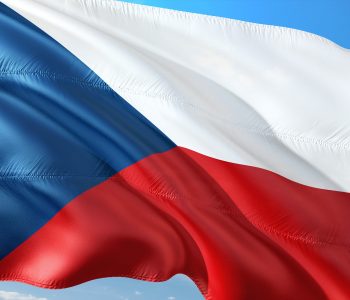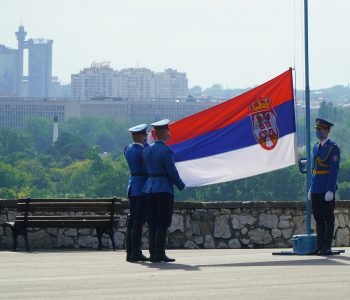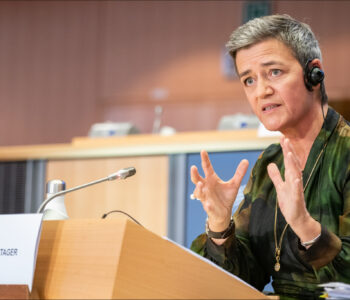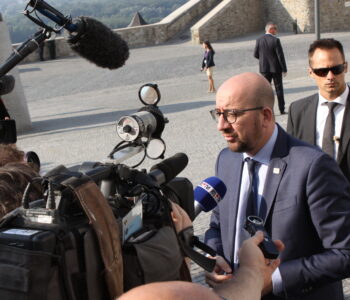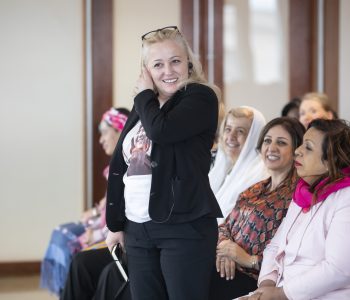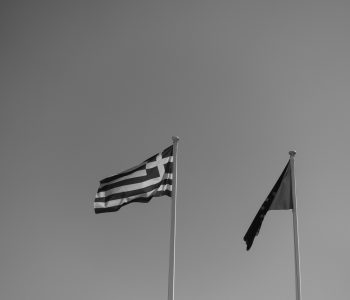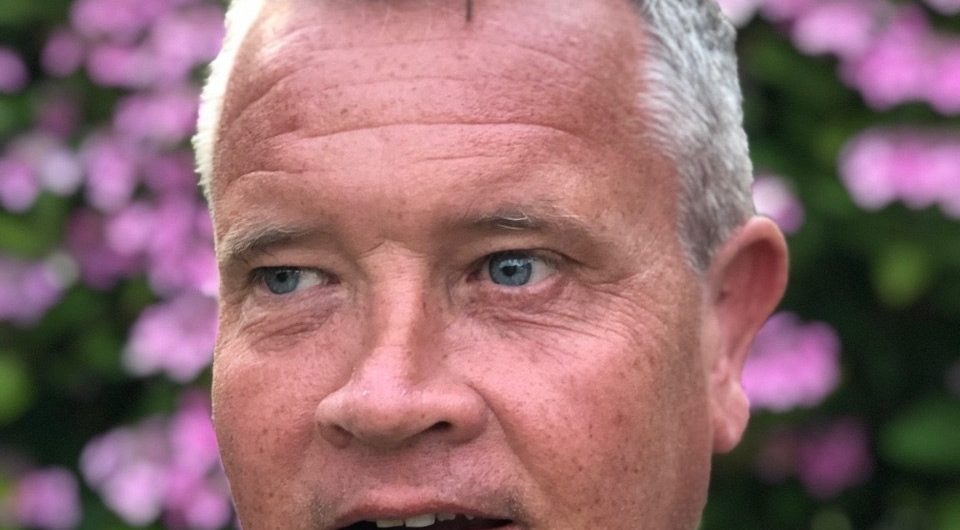 Library
Library
MFRR calls for Monaco and Croatia to allow Jonathan…
MFRR calls for Monaco and Croatia to allow Jonathan Taylor to return home
MFRR partners and whistleblowing organisations sent letters to the the Monegasque and Croatian authorities to reiterate our calls for whistleblower, Jonathan Taylor to be able to return home after the Interpol Red Notice has been withdrawn. Any delay would be disproportionate and further discourage public interest whistleblowing
At the request of the Monegasque authorities Interpol has subsequently withdrawn the arrest warrant for “corruption and blackmail” but the country is still demanding Taylor’s extradition to facilitate further interrogation over alleged offences arising from a complaint lodged against him in September 2014 by SBM Offshore’s Monaco affiliate. Even when the Interpol Red Notice was in effect, Taylor did not satisfy the criteria for the warrant as he was neither awaiting trial, nor had he been convicted. As Jonathan Taylor has not been charged with any crimes in Monaco the extradition request is disproportionate and unwarranted.
